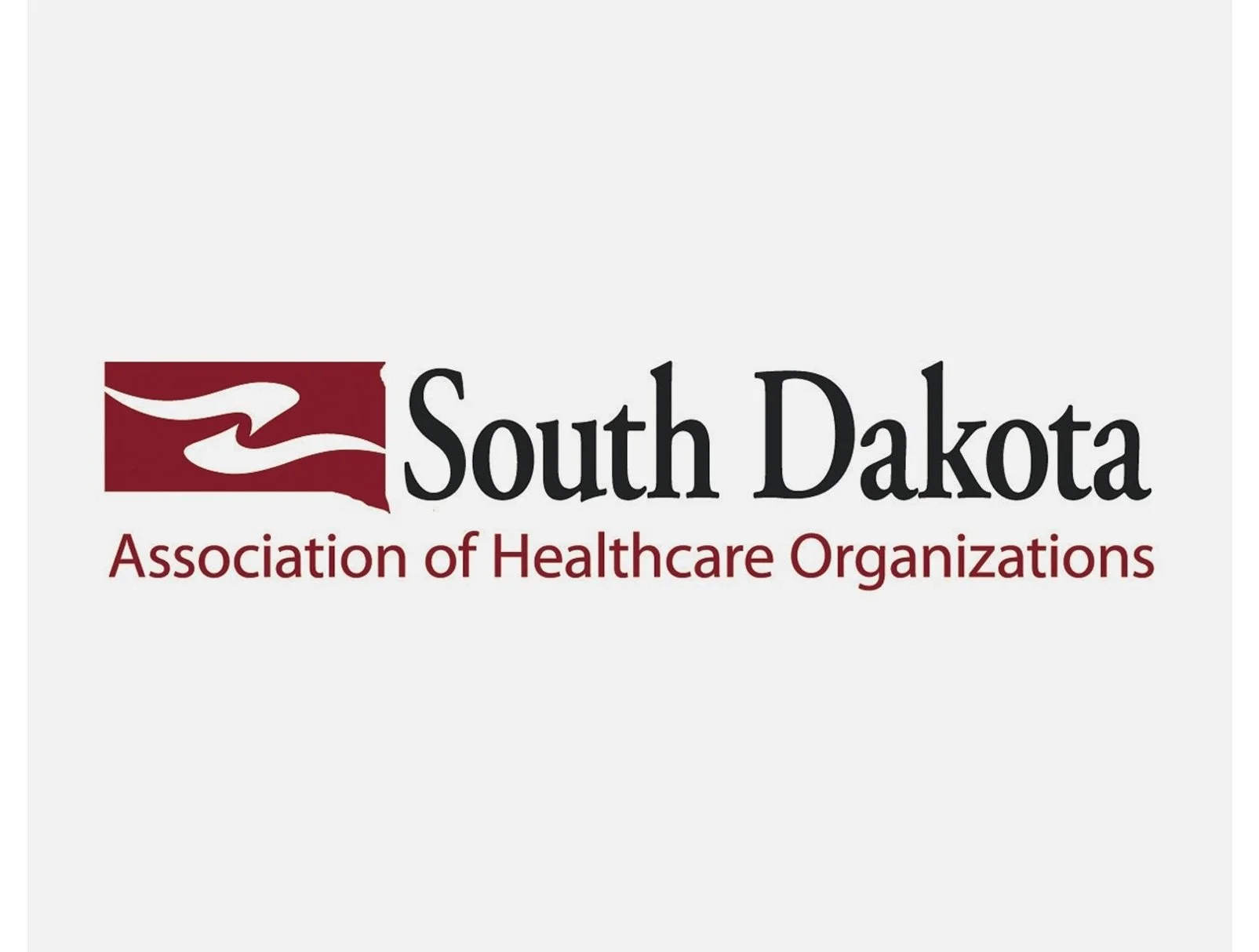Proposed Federal Tax Changes: How Can You Protect Your Assets?
By Kim Lee
It’s a tested and true adage that one of life’s certainties are taxes. While we can’t avoid paying taxes, we can strategize ways to best leverage assets.
With the announcement of the economic stimulus plan in 2021, the federal government also outlined several tax changes that could affect individuals in high income brackets. The changes are expected to be substantial and far-reaching, and to include corporate, individual and capital gains tax rate increases, international tax changes, and estate and gift tax changes.
Although none of these tax changes are finalized, it doesn’t hurt to prepare for them, and it’s not too early to talk to your financial advisor to lay some initial groundwork to plan ahead for what may be to come. Gary Popkes, a Certified Financial Planner® and Senior Vice President at Frontier Bank Wealth Management & Trust, says, “changes seem pretty likely to happen.” Here, he explains some of the potential tax changes and how they could affect your bottom line.
Proposed Changes
Federal Income Tax Rate
Federal income tax rates are proposed to increase for individuals earning $400,000 or more annually. Currently, that rate is 37% with the potential to increase to 39.6%. This expected change would tax high-income individual taxpayers on their long-term capital gains and qualified dividends at the same rate as short-term capital gains and ordinary dividends.Exemption Threshold
The tax exemption could drop from $11.7 million to $3.5 million. If you’ve been in practice or business for a while and have built up assets to that level, you would be subject to taxation on assets that total more than $3.5 million. New laws would repeal the basis step up at death and capital gains as ordinary income. “Under current law, when someone passes away, children receive step up in basis on assets they inherit,” Popkes says. “Family members receiving those assets can sell them with little or no capital gains tax—but the proposal is to eliminate that adjustment.”The “Donut Hole”
Some may be subject to what is called the “donut hole,” which means if you make between $142,000 and $400,000 per year, under current law, you do not pay social security tax—but that tax could be brought back.
What You Can Do
These proposed tax changes could take effect Jan. 1, 2022, and although the changes are significant, there are tactics to help offset some of them.
Popkes advised, “It’s not too early to take steps to protect your assets and start planning with your professional planner, tax advisor or attorney, especially when it comes to your estate. Check out certain tax benefits that also pass to lessen the impact of these proposed changes.”
2021 is the year to donate. Consider “locking in” the $11.7 million exemption by gifting to irrevocable trusts and taking advantage of low interest rates to shift appreciation out of your estate. “You can make charitable contributions to get deductions, or you can make gifts to certain charities to get a tax break,” explained Popkes.
If you earn more than $176,000 per year, you are excluded from opening a standard Roth IRA. However, the Roth IRA, which can provide significant tax savings, may still be a possibility. Consider the possibility of opening a traditional IRA, make your desired contribution which would be non-deductible, and later convert the funds to a Roth IRA.
If you own a medical practice or another business, you may benefit from the Paycheck Protection Program (PPP) loan, implemented during the pandemic, or a Small Business Association loan. Visit with your commercial lender to see if you qualify for any COVID help.
“Your trusted professional can help you draft a trust or set up specialized retirement plans,” Popkes continues. “There are also private placement real estate investments allowing depreciation which may help offset taxes.”
For more information about financial planning, you can sign up to receive Gary Popkes’ newsletter at https://www.frontierbk.com/Resources.











